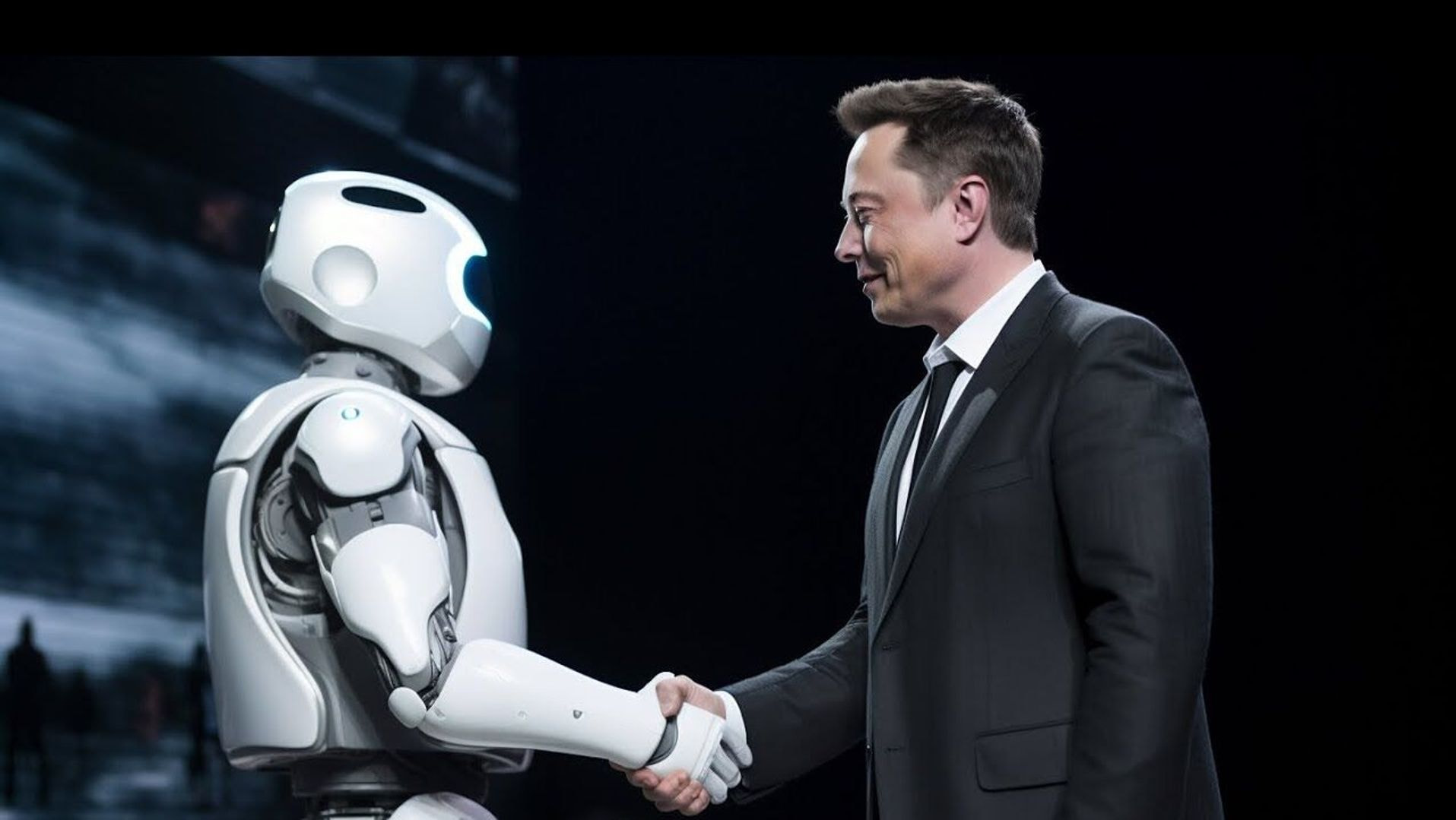While Clausewitz is quoted and discussed by military men repeatedly, it fascinates me how many military officers serve long and distinguished careers without ever having read this book. In many ways this is understandable. Clausewitz is very philosophical and abstract, to the point that many of his ideas are simply not applicable to everyday military planning.
Let's explore how a gentleman can adopt Clausewitz's strategic thinking for success in business and personal endeavors.
1. The Fog of War and Calculated Risks:
War is never a smooth operation. Clausewitz terms unforeseen circumstances "friction," and the lack of perfect information, "fog of war". The business world mirrors this. Projects and deliverables rarely go according to plan, and surprises arise. A gentleman, like a skilled military leader, must be adaptable and anticipate stakeholders resistance. He can think on his feet, adjust strategies when necessary, and maintain composure amidst unexpected challenges. He gathers intelligence, analyzes what has worked well in the past (past projects / documentations template), anticipate risks, and develops flexible plans that can adapt to changing circumstances.
2. Moral Force and Leadership:
For Clausewitz, an army's "moral force" – its spirit, discipline, and cohesion – was a critical factor in victory. In the business world, a leader's integrity, clear vision, and ability to inspire his team are equally important. A gentleman fosters a positive work environment built on trust and mutual respect, motivating his team to excel.
3. Friction and the Art of Efficiency:
Clausewitz used "friction" to describe the inevitable inefficiencies that hamper war plans. Businesses face similar friction in the form of communication breakdowns, internal conflicts, and unexpected project delays. A gentleman, however, anticipates these challenges. He streamlines processes, fosters simple communication, and remains calm under pressure, ensuring his team operates with maximum efficiency.


